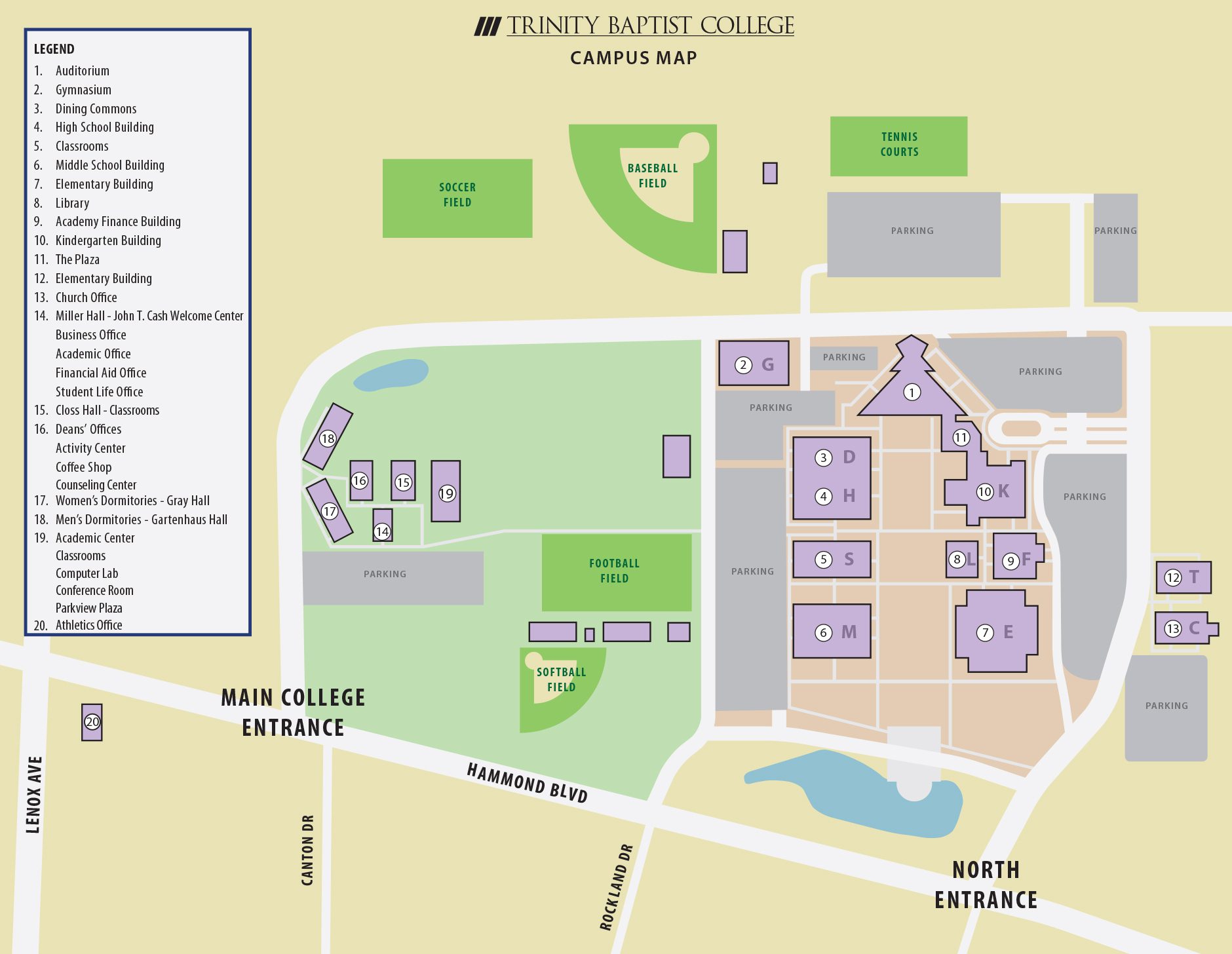ALL IN: Advocating for the Vulnerable

“Open your mouth for the mute, for the rights of all who are destitute. Open your mouth, judge righteously, defend the rights of the poor and needy.” Proverbs 31:8-9 ESV
“…render true judgments, show kindness and mercy to one another, do not oppress the widow, the fatherless, the sojourner, or the poor…” Zechariah 7:9 ESV
Advocating for the vulnerable should be the hallmark of the believer.
As Christ followers we are called to advocate for the vulnerable and one of the most obvious vulnerable demographics is children!
According to Children’s Bureau, there are currently 391,000+ children and youth in foster care in the USA.
These children face overwhelming obstacles day-to-day. Unfortunately, the topic can be a dark one. No one likes to think about the devastation that some children experience in their home lives. Getting involved in the foster care system is physically taxing and emotionally uncomfortable. With such high stakes, this particular form of advocacy is a calling.
It is tempting to shrink from the harsh reality of child abuse and neglect, but we are inspired by those who move toward it with the desire to make a difference.
Meet Esther Patton, missionary kid and TBC graduate, who has joined forces with National Youth Advocate Program as a case worker to advocate for and support the children who are brought into the foster care system.
Esther graduated from TBC’s Interdisciplinary program in 2021. A the time, she says she was working a job that had been perfect during college but did not give her a sense of fulfillment. Knowing she had so much more to give, she began searching for something part time that would expose her to something new. She began working in a youth crisis center for a few hours a week. While she didn’t love the specific role she was in, she says that the end result was worth it.
About a year ago, while working in the crisis center, she met a young girl in the foster system.
Esther became a listening ear for the girl who was dealing with some very difficult situations. It was through this acquaintance that Esther discovered her passion to be an advocate for children in the foster care system.
“She told me a lot about her experience in foster care. That is what triggered an interest in me. I had zero power to affect their lives at that time. I wanted to be able to do more for these kids than just listen. I started looking around and decided to apply.”
Aspiring case workers must complete three months of training.
This includes shadowing other case workers, and certification through Family Support Services before they can qualify to take on their own cases. Case workers may be responsible for up to 25 individual children. Each case also includes any parents, stepparents, and foster parents involved with the child.
Esther plays a multi-faceted role. Depending on the day she may be interacting with the children and their families, or she may be working on the paperwork, scheduling, and reporting associated with her cases.
“My job is to be there for the child during their stay in foster care. I get everything they need, but I also work with the biological parent to potentially help them get their child back. I make a case plan (tasks that must be completed to get their child back) and monitor that throughout the life of the case. I report back to the court every so often on how the parent is doing and what steps are left to be completed. I also work with the foster parents, and sometimes the kids move around from one home to another, as foster parents tend to come and go.”
Due to the length of time most cases are open, case workers tend to get to know the children well.
Each case is unique, but Esther says most of the time she will interact with the children on a regular basis well beyond the required home visits.
“I do home visits every 24 days to talk with them. I take them to appointments. If the court allows the biological parents to have weekly visits, I facilitate those meetings and observe the interactions. Most of these cases are open for at least a year if not longer so I definitely get to know the kids.”
Often, the weight of the case worker role is too heavy to shoulder alone.
Being unable to discuss her cases with others can make it challenging for Esther to find ways for family and friends to share the burden. Esther says that for her, prayer is a key to letting things go. She does her part to the best of her ability and trusts God to handle the rest.
“Case workers need a lot of support. I learned about myself that I am a verbal processor. If I can talk it out with someone, I can probably work through it. Knowing that about myself and having someone in my life that I can vent to is helpful. I can’t share specifics with them, but my family, friends, people at church, are all supportive of what I do. But I especially rely on people within the agency. We all know what it’s like to be a case worker, so we rely on each other, knowing that there are others carrying the same kind of burden.”
As a missionary kid, Esther watched her parents put an emphasis on serving others.
Their example instilled in her a desire to serve as well. For her, the most obvious way to advocate for a vulnerable demographic was to help children in foster care.
“They are so vulnerable and innocent. None of this is their fault. They need love and affection, someone to show them their value and their worth.”
Esther attests that many of the kids she works with have lived in an environment where they have not felt valued by their parents.
The older the child is the more affected they are on an emotional level. They have a constant need for reassurance of their worth because drugs, alcohol, or other addictions have so often taken precedence over their welfare.
One of the greatest obstacles to helping these children and teens receive the proper care and love is the lack of foster families.
There are few available, and not all are reliable.
“The need for foster parents is huge. We don’t have many and there is a huge community of Christians who could step up and so something about it! These kids are going through so much. They have already been through some kind of abuse or neglect to even be in the system. And now it’s an additional trauma to be moved out to a new home, separated from their parents, sometimes separated from their siblings. And some of these foster homes aren’t the best. But if we have no option, that is where they have to go.”
Interested in getting involved? Esther offers simple advice.
She says the first step to becoming a certified foster parent is to simply get in touch with an agency. Communicating your interest in foster care will be enough to start the process. They can provide all the information needed to proceed.
Financial assistance is available to foster families to help cover the costs of providing quality care for the child. To be clear, this role should never be taken lightly nor seen as an income strategy. Foster Care is about the child, not about us as advocates! However, it is a much-needed and Christ-like way to make significant impact for good in the life of a child.
The National Foster Parent Association offers many resources
You can access the site here: https://nfpaonline.org/foster. It provides a general overview of requirements plus various agency contacts.
Lastly, Esther urges you to advocate for the children in your life.
If you notice something seems off, say something!








Leave a Reply